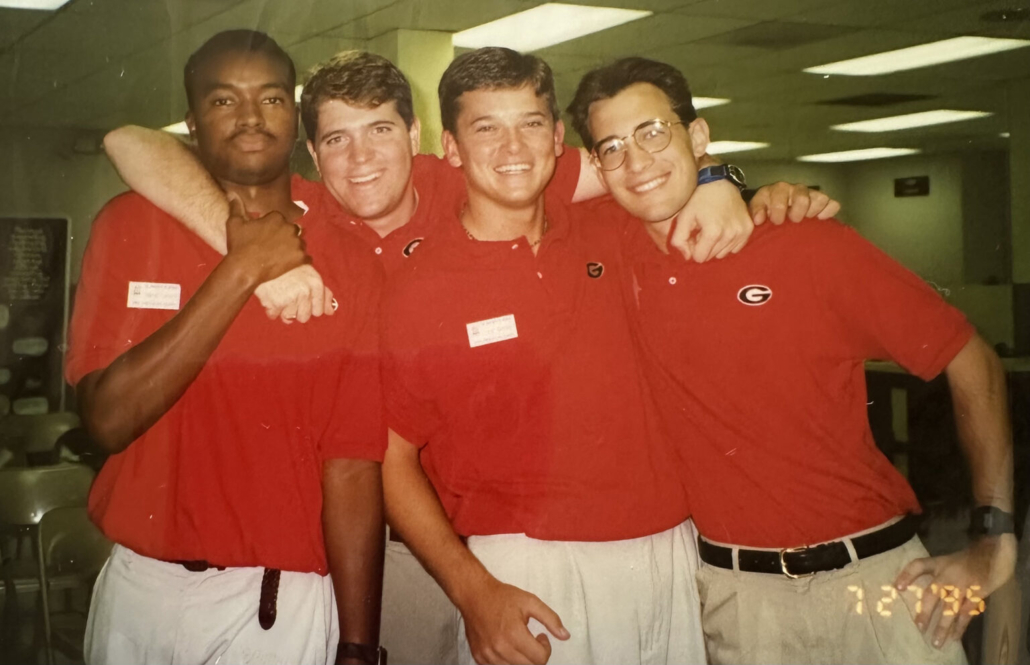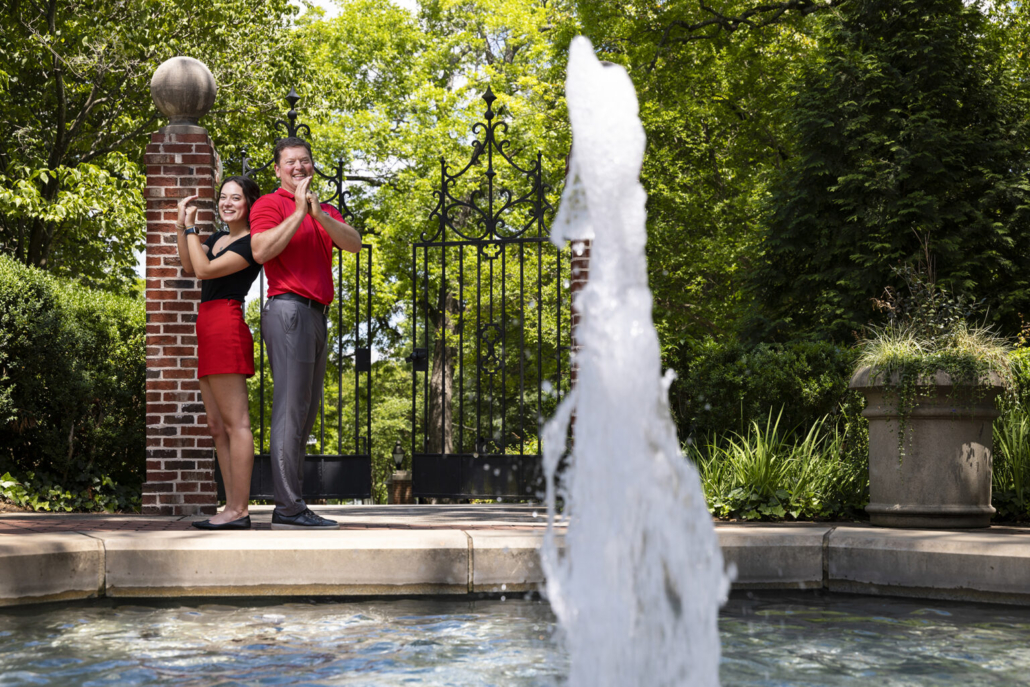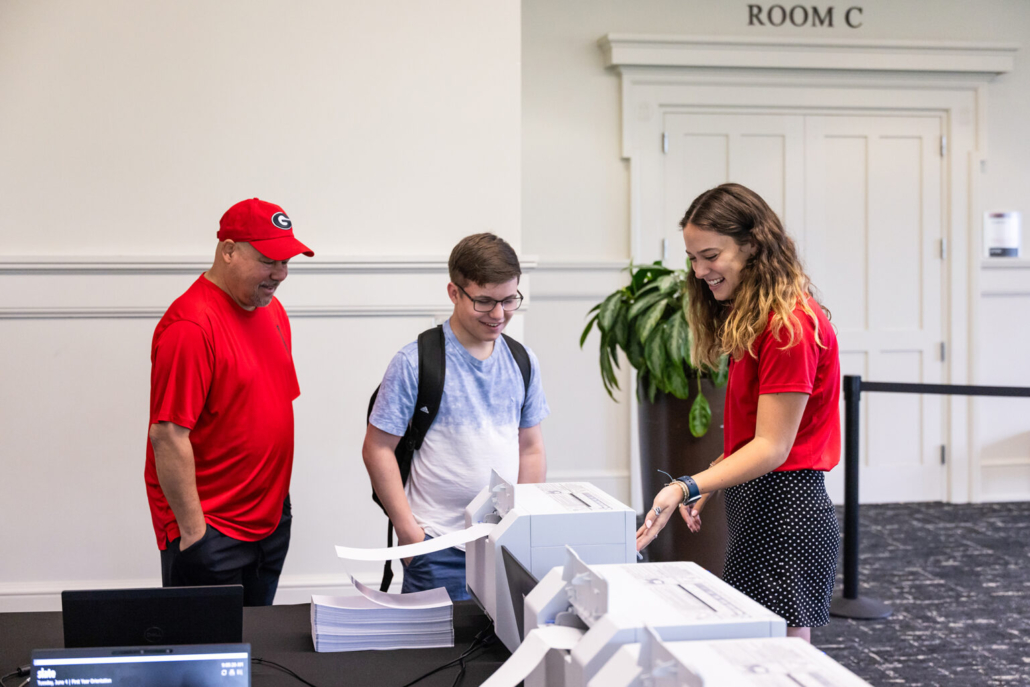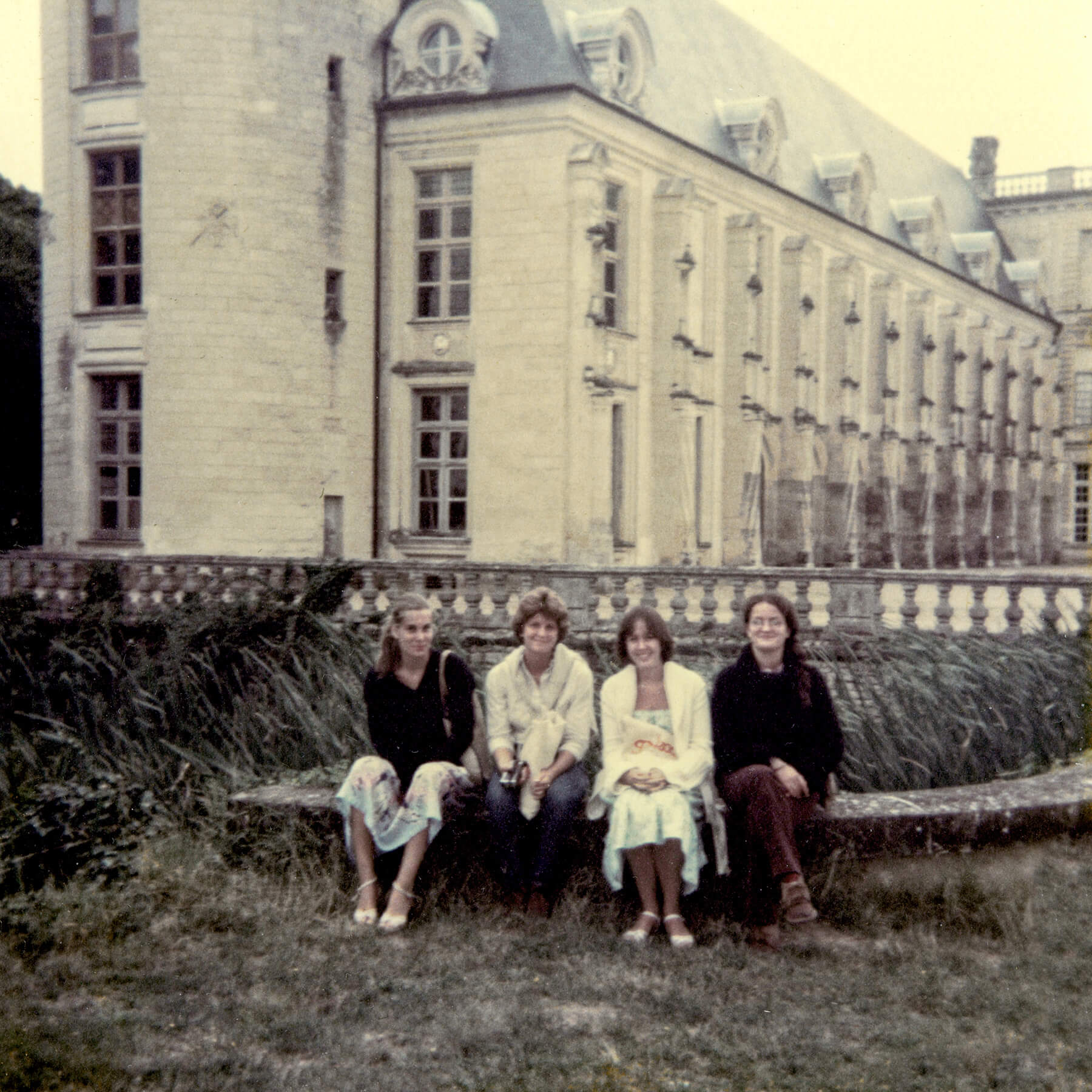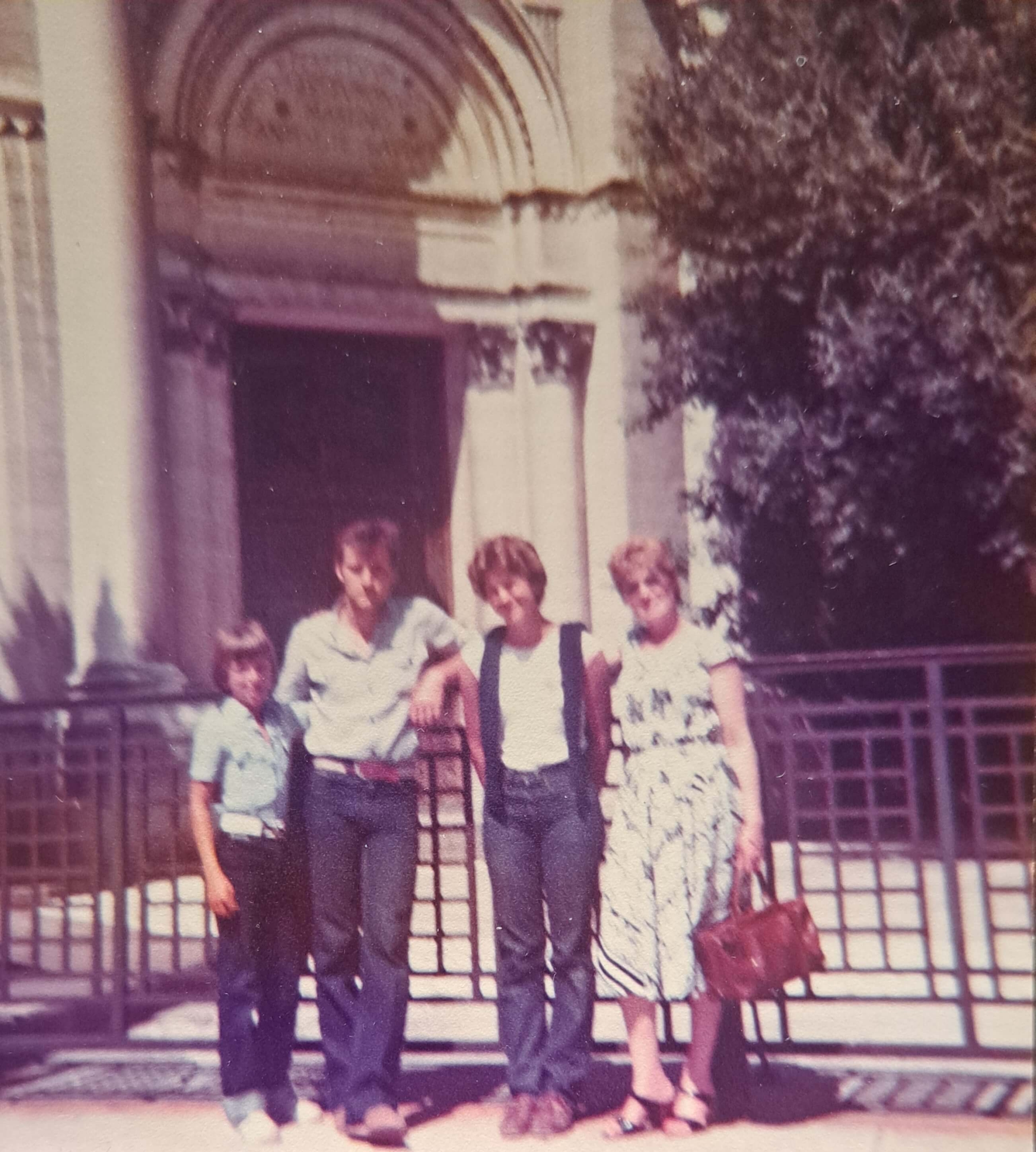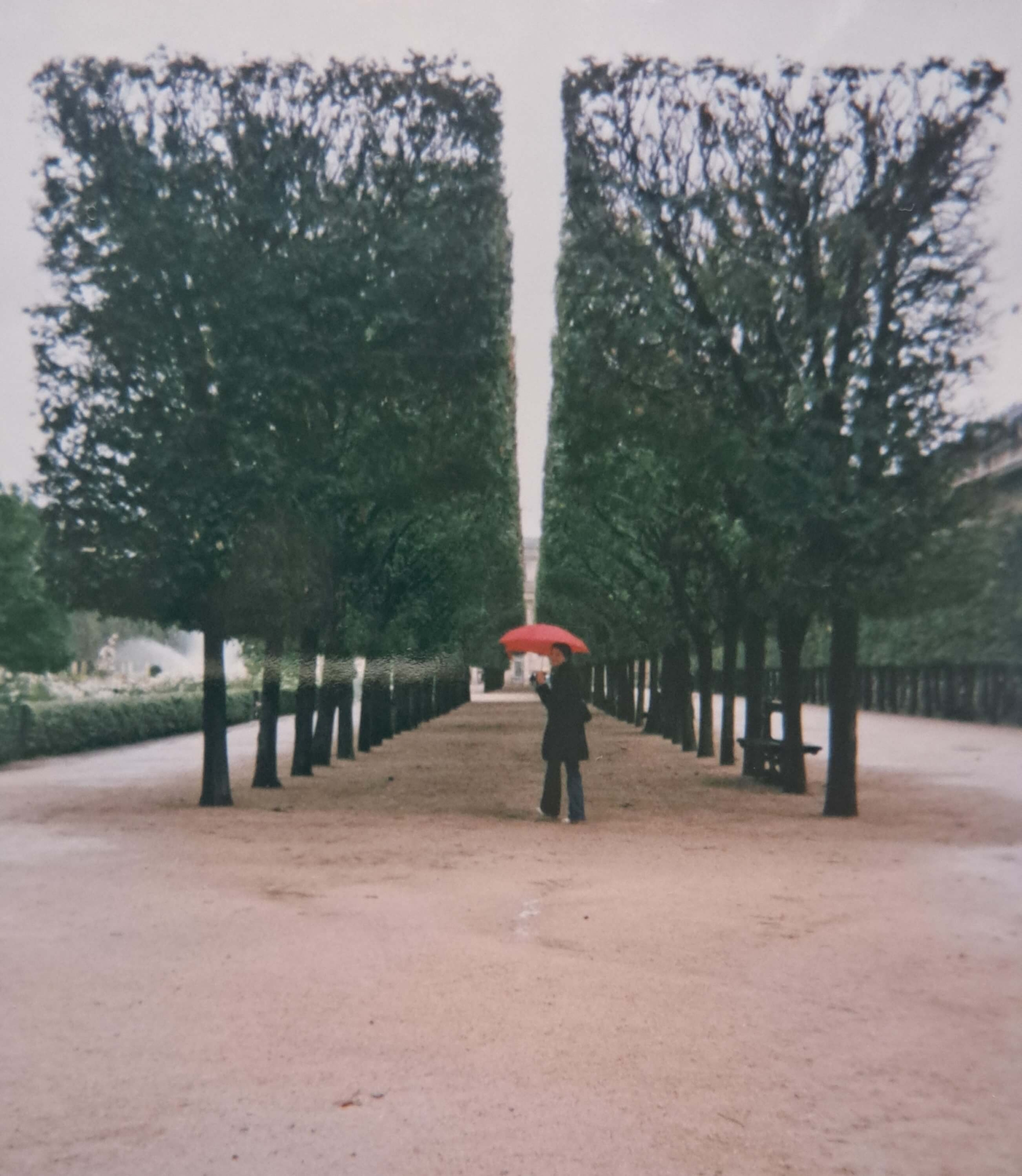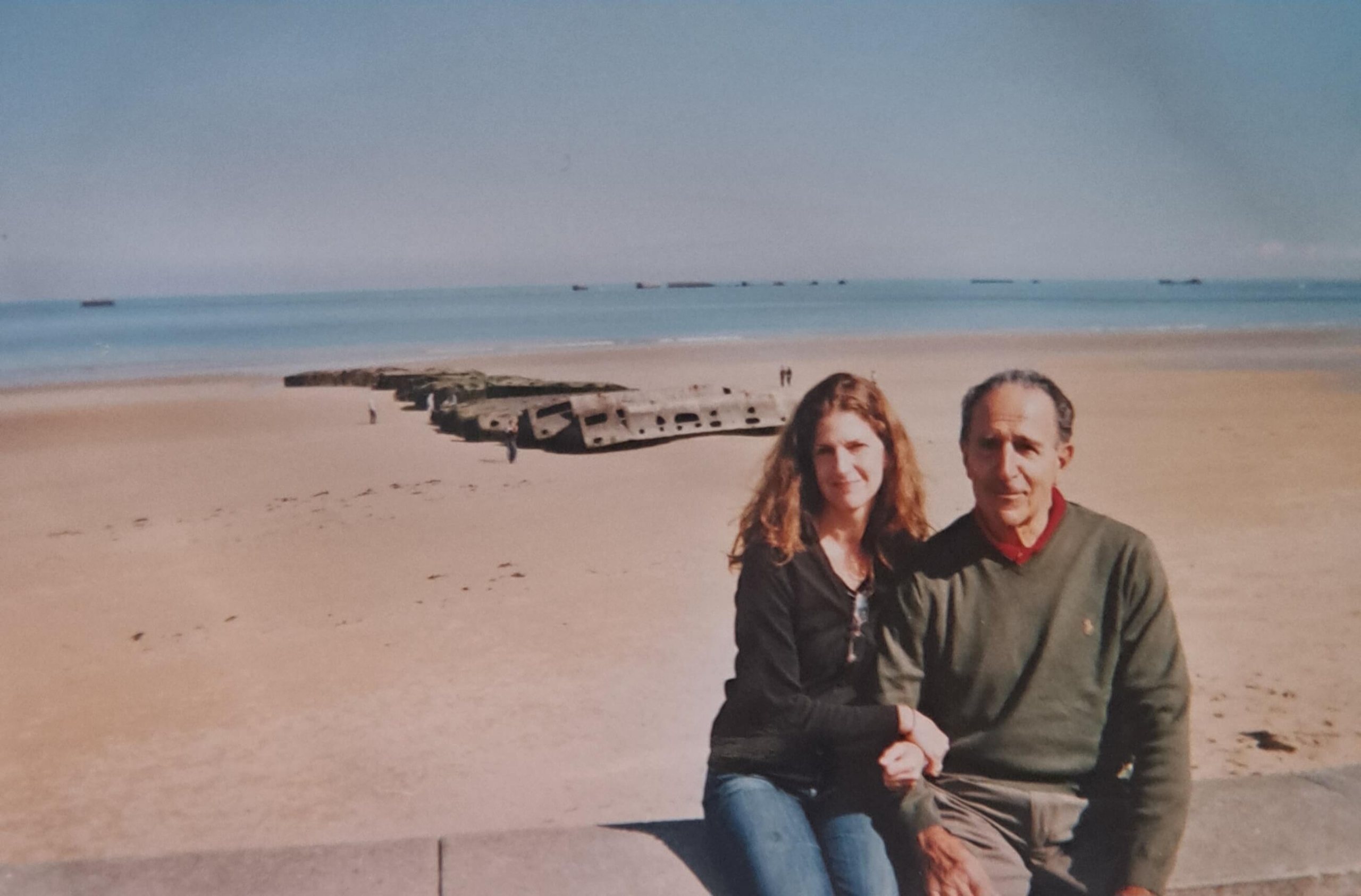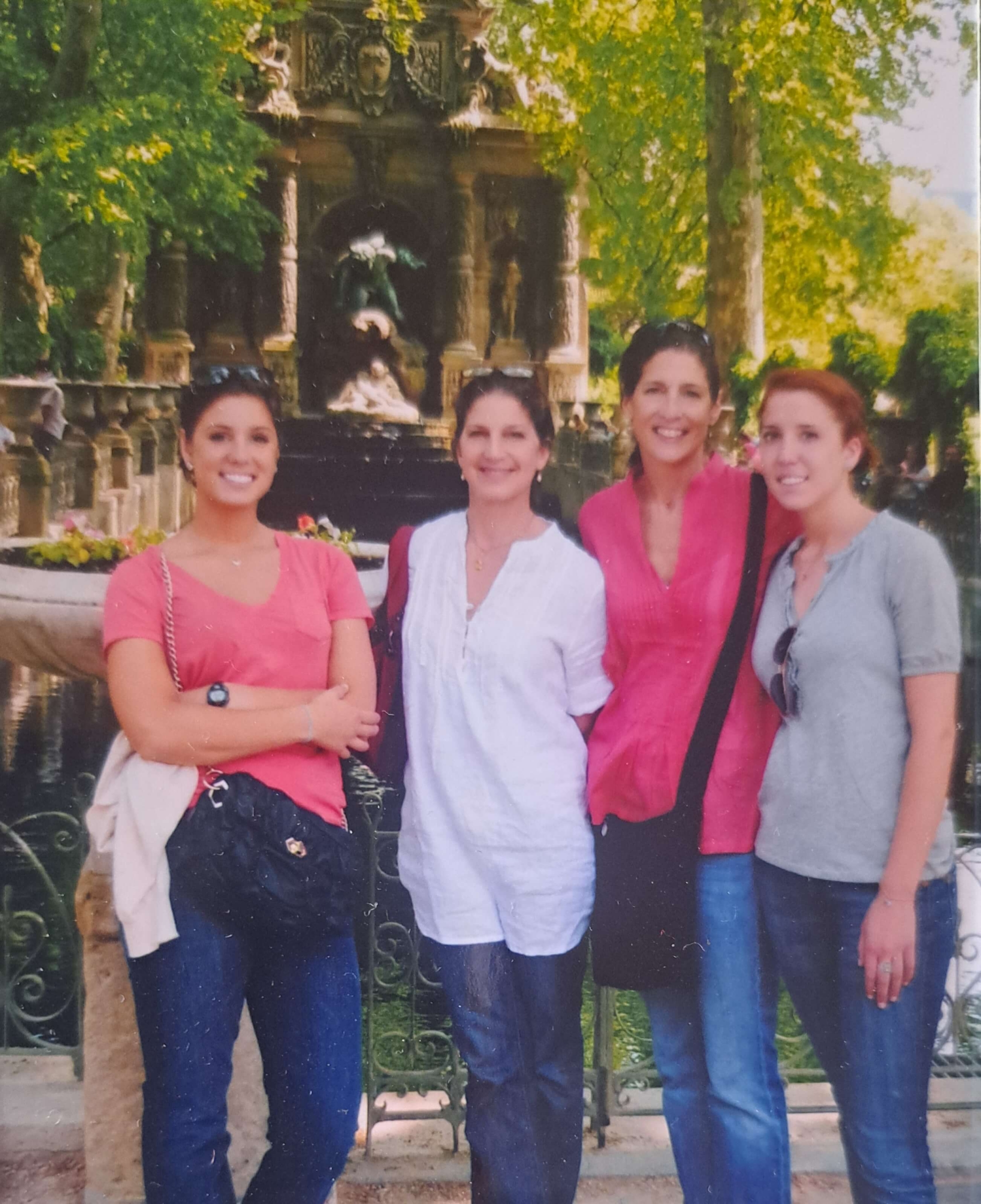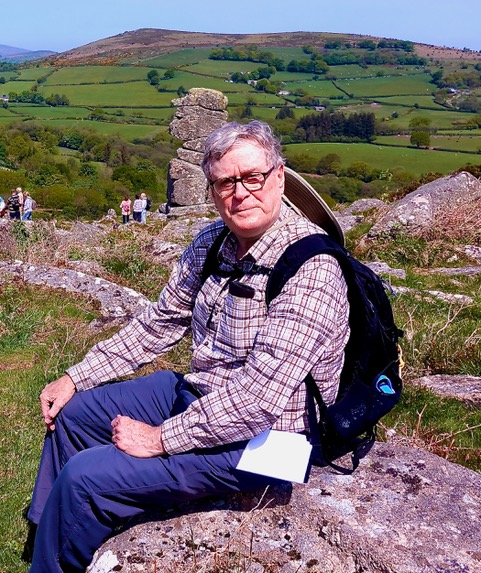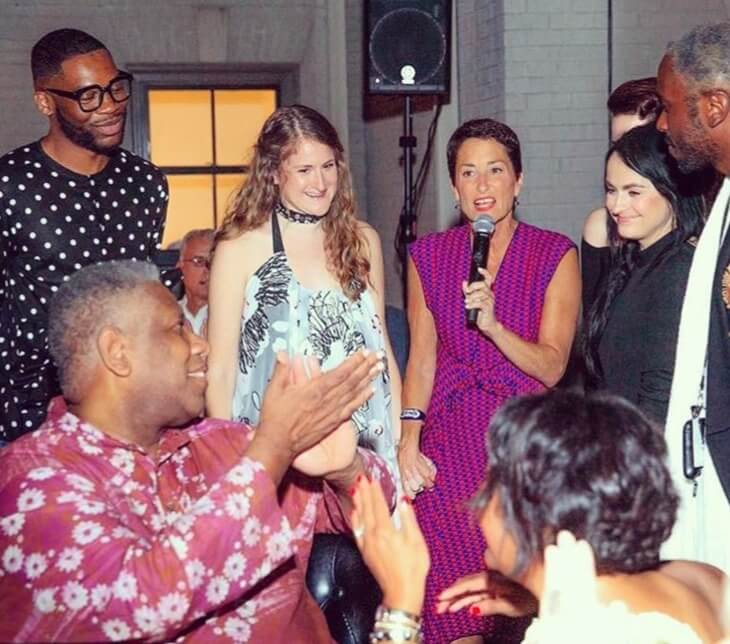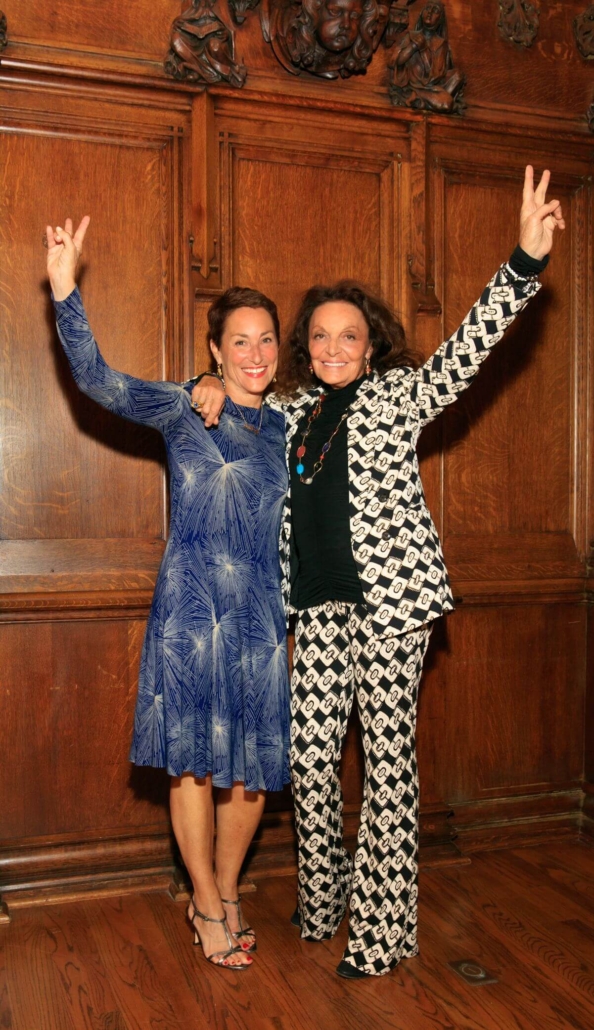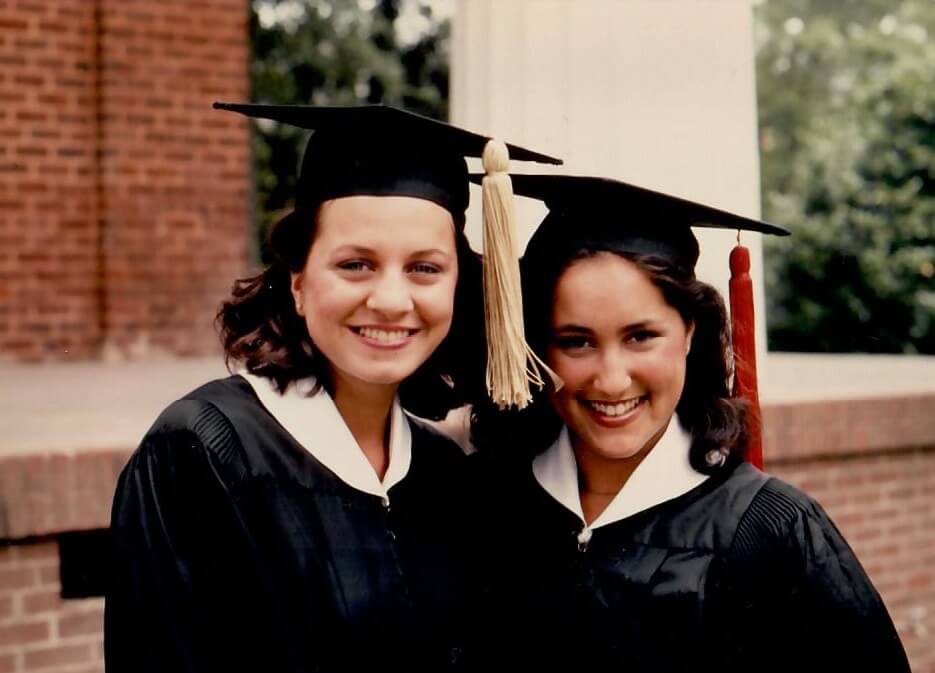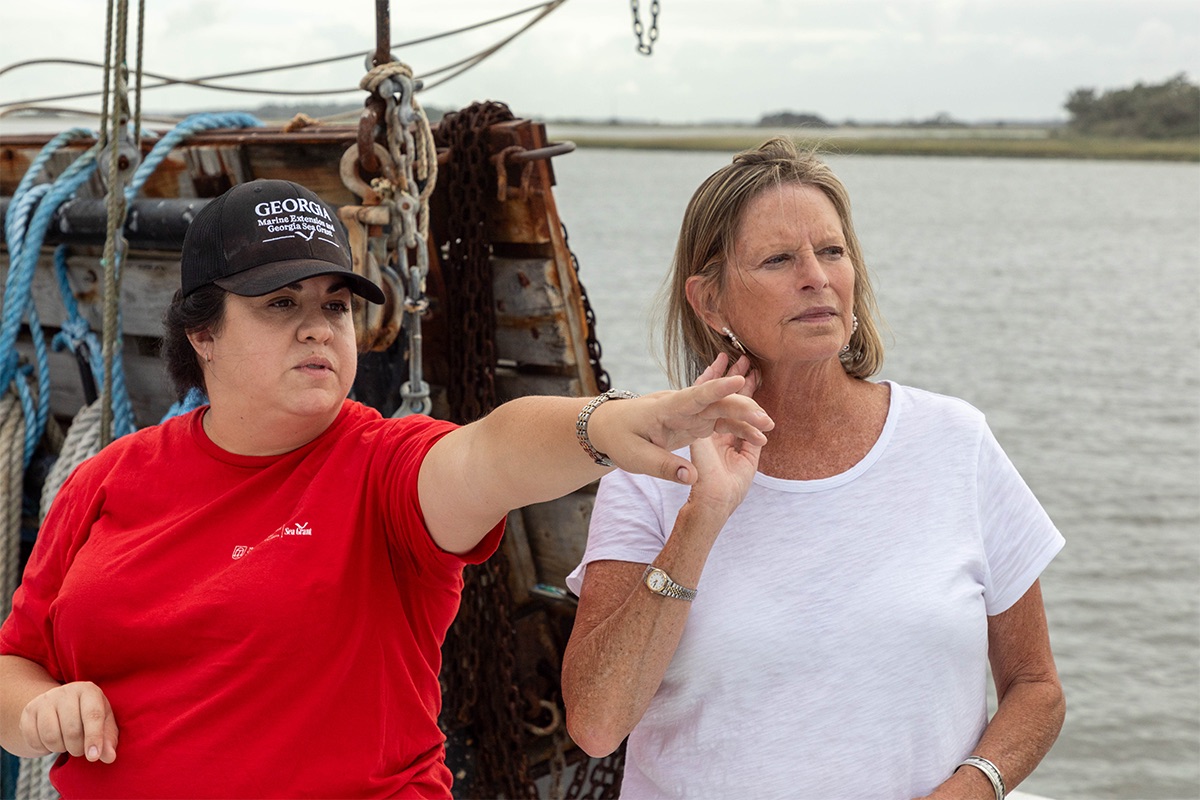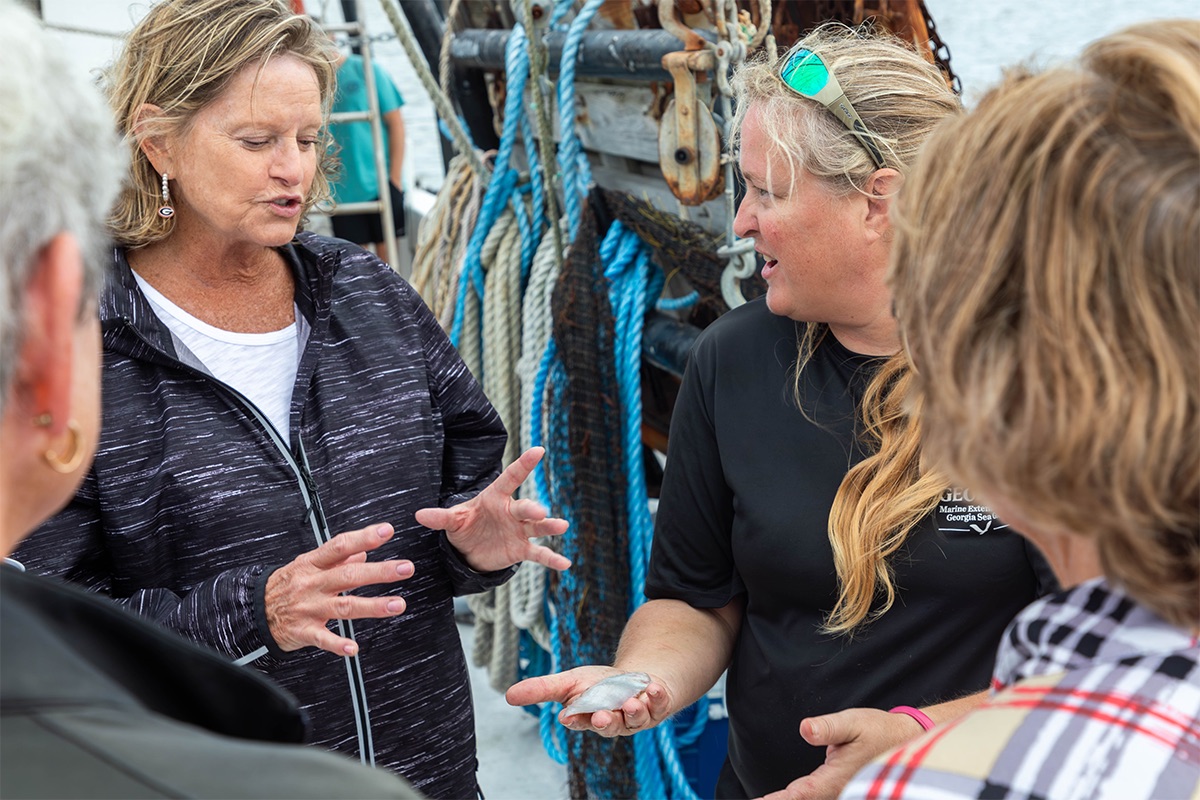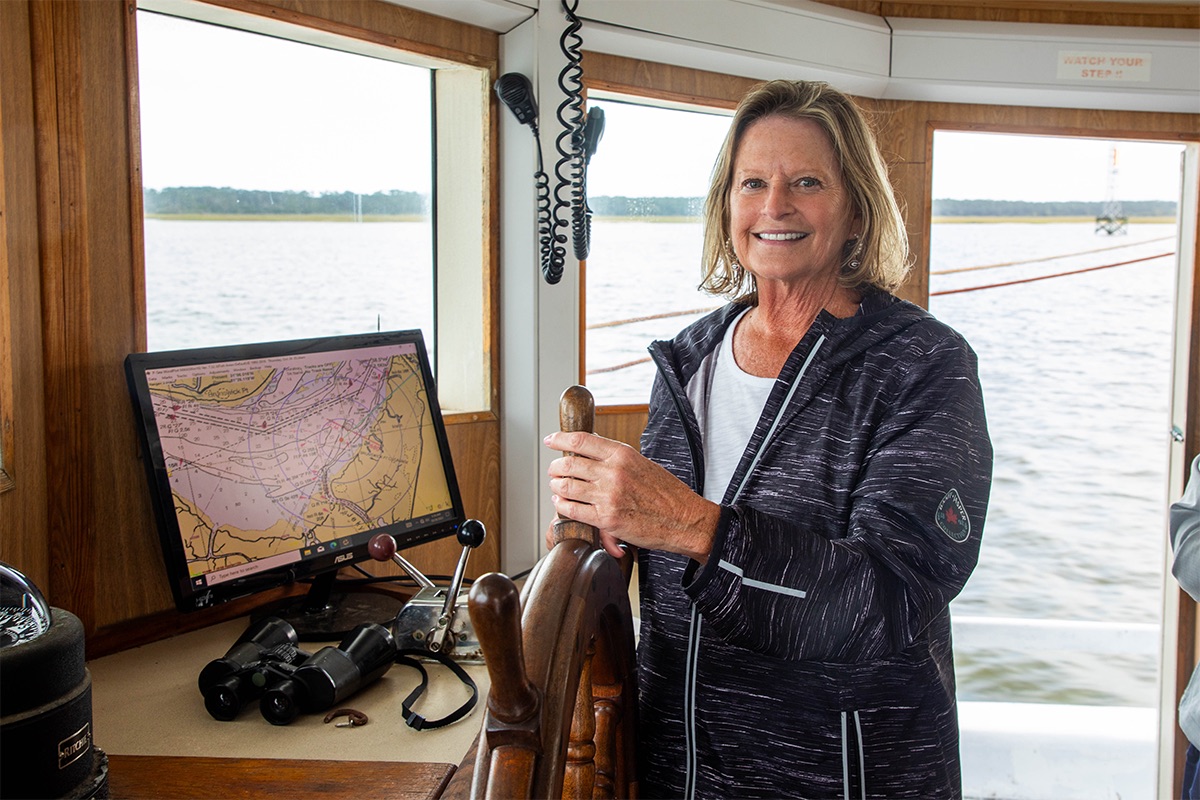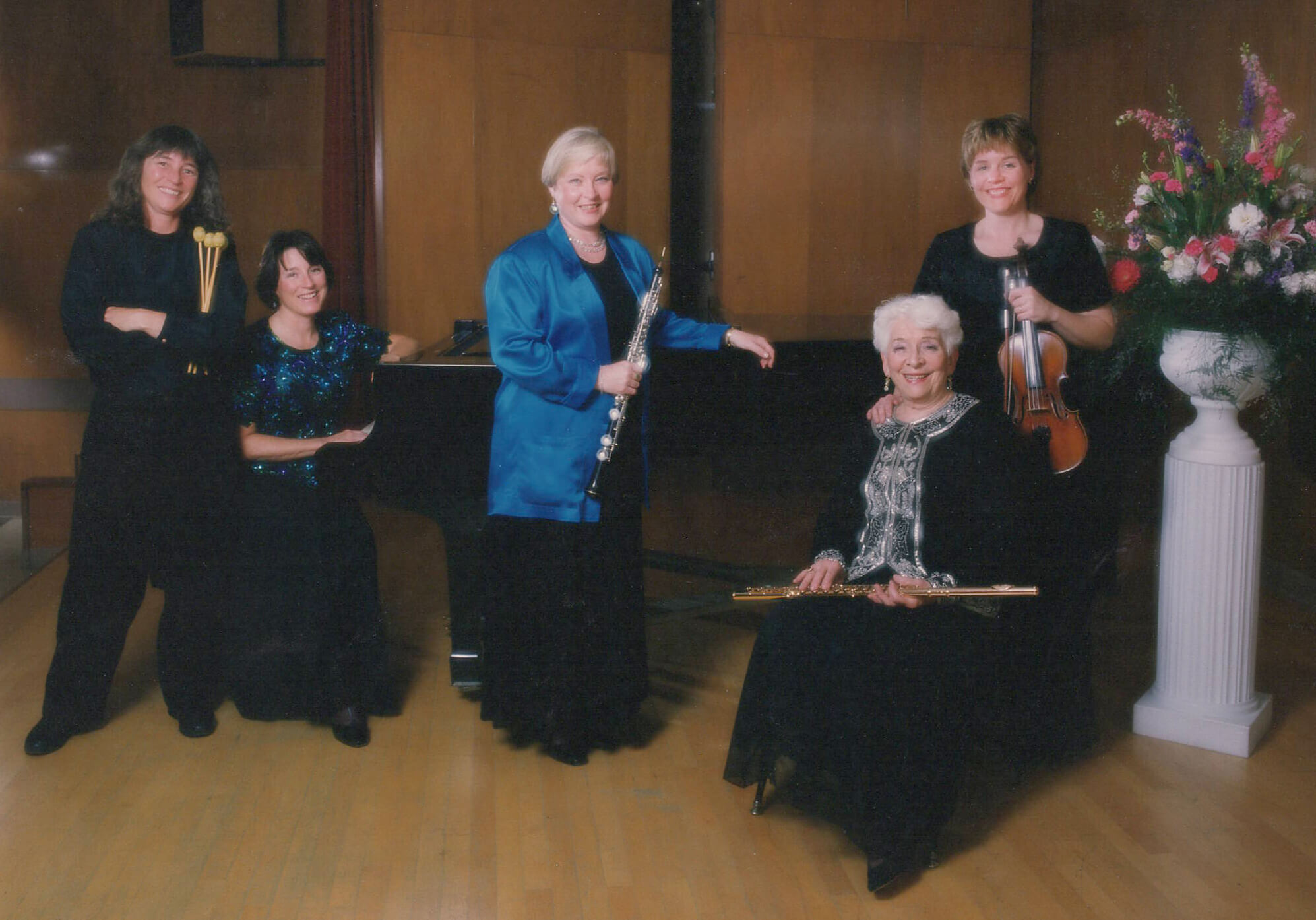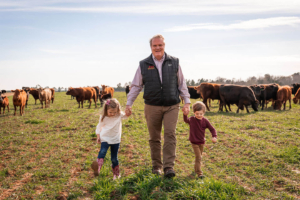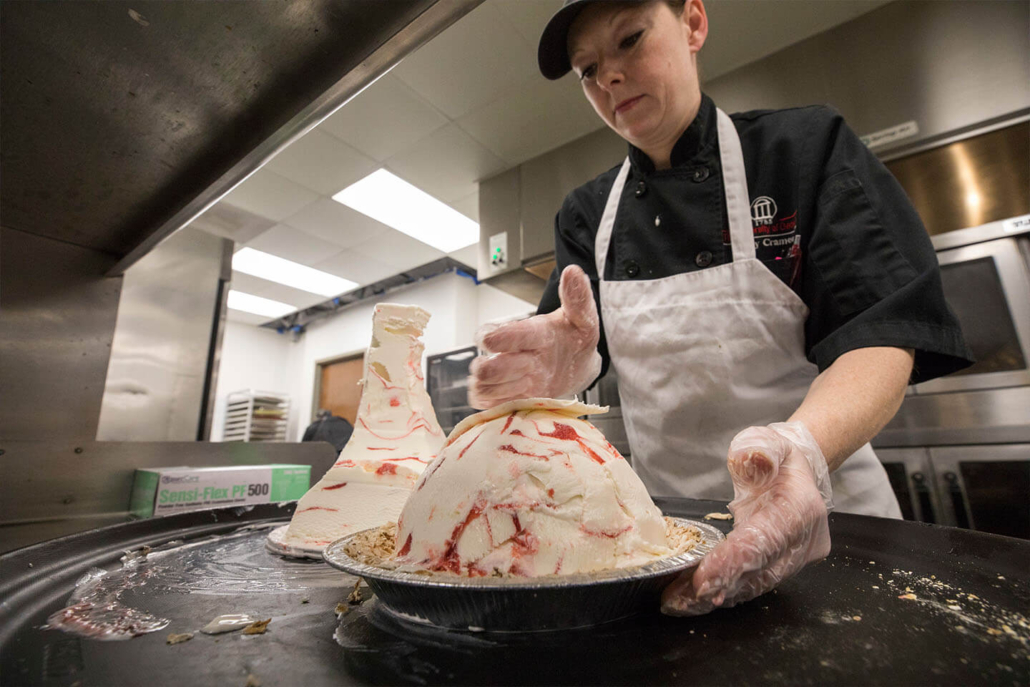This story, written by Alan Flurry, was originally published on the Franklin College of Arts and Sciences website on June 25, 2024.
UGA Trustee Becky Winkler (AB ’98) believes everyone has a narrative. You just need to keep it pointed in the right direction.
“My dad was a Jamaican immigrant and he taught me the secret to the meaning of life is it’s all made up,” Winkler said. “Raised by an immigrant, I was taught to question things that other people consider normal.”
That cogent advice has led Winkler to chart her own circuitous path that, in retrospect, appears rather direct, if not deliberate. After graduating from UGA with a bachelor’s degree in psychology, she earned her M.A. and Ph.D. in Industrial-Organizational Psychology from DePaul University. While still attending graduate school, she coached mid-level managers at Advocate Healthcare, now the third-largest non-profit healthcare system in the U.S. After completing her Ph.D. in 2004, Winkler began coaching C-suite leaders.
“Not that I really knew what I was doing back then, I was 26 years old,” she said. “But it’s been 20 years that I’ve been coaching C-suite individuals. And I love it because I get to extend my dad’s wisdom to help other people – what is the narrative in your head that’s serving you? What is the narrative in your head that’s not serving you? Do you even realize you have a narrative? And that you can change it?”
Winkler’s narrative was influenced early by her parents and later by her exposure to a wide array of UGA experiences as an undergraduate. She earned a minor in Mandarin Chinese, a certificate in women’s studies, and spent time in the geology-anthropology summer field study program. Winkler says she would have added Classics to her psychology degree and fit right in with many double-majors in Franklin today.
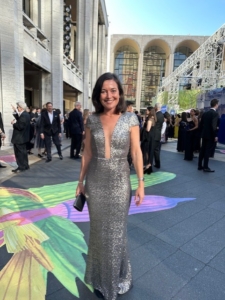
Becky Winkler at the 2024 Tony Awards (PHOTO: Franklin College of Arts and Sciences)
“My first quarter, there was so much freedom and I could take whatever. Dr. Haas was my advisor, so I was just taking what I loved,” she said. “I signed up for astronomy, music, and then Chinese. And I was like, ‘what am I supposed to do with this?’ And he said, ‘sing Chinese to the stars, of course!’ and I was like ‘Oh, I’m going to like this place!'”
“I went as far as I could with these degrees, at the time,” Winkler added. “There was no major in Chinese, and the women’s studies program was only accredited as a certificate. It shows how UGA continues to evolve in the programs it offers.”
Winkler returned to UGA in 2024 to deliver the psychology department’s convocation address and serve as a judge for the Three-Minute Thesis competition.
Her company, Department 732c, named in homage to Winkler’s grandmother, Florence, a secretary for more than 20 years in an iconic retail corporation, reflects her own aspirations and resilience. Her experience, direct approach and humanistic outlook combine to guide clients, from the executives of corporate America to start-ups and nonprofits. The sense that Winkler’s skills, intuition and training created the conditions for her own dream job quickly becomes unmistakable.
“You can’t coach somebody unless they want to do it. One of the only things that coaching and therapy have in common is that importance of chemistry. I’m quite upfront about it – if you don’t think that you’ll have a good time working with me, I’m more than happy to refer them to someone else,” she said. “And by the way, if you’re too busy, then you’re not going to do the work and it’s going to be a waste of your time and your organization’s money.”
It’s a level of honesty and clarity that executives across the corporate world respond to, listen to, and learn from.
And when the chemistry is there and the client is willing, how does she know the process is working?
“It’s quantitative and qualitative and you pick your north star of where you want to be. I’m a big believer in measuring outcomes so generally, it’s a six-month engagement, sometimes people extend for different reasons,” she said.
Winkler has worked with one client for two years.
“On the day that we were finishing, I said ‘look at this great progress,’ because we measured that day against what we focused on at the start. I give people an online tool to say, here are the three factors that relate to their goals. How would you rate them now, and what’s your advice to this person, where have you seen him grow and change the most, what should they still focus on going forward? And from that you see the change scores, and that’s how you know it’s working.”
Winkler’s enthusiasm for the stages of improvement, increased competence and performance, stem from a simple but strident outlook. “I actually took a quote attributed to C.S. Lewis that comes back again and again in our work: ‘Isn’t it funny how day by day nothing changes, but when you look back, everything is different.’ I love it because the work can be so incremental and you can get frustrated by the whole ‘levels of competence’ paradigm. But I love seeing people succeed, getting to know them and sharing these intimate experiences of personal growth.”
That love of shared success has become a driving force in Winkler’s activism and philanthropy. A veteran of the non-profit sector, she served on the Atlanta Beltline committee and on the board of EMBRACE (founded in 2018 to repurpose used medical equipment to people around the world).
“I’ve always been very active, but my time as KIPP board chair in Charlotte (Knowledge is Power Program), which focuses on kids in underserved communities who need better public schools, basically, really galvanized my vision to help see kids to and through college, career, and higher expectations,” she said.

“The Outsiders” producers and company (PHOTO: Getty Images)
Winkler’s philanthropic involvement with UGA began through Dorothé Otemann, director of development for the honors program, which is now known as the Morehead Honors College.
“I call her my umbilical cord to the university because she taught me how I can use my resources to drive change,” said Winkler, who created a scholarship at UGA in honor of her father, another at DePaul to honor her mother, and sponsored a room in the honors college named for Otemann. She’s currently on track to complete an endowed chair in the Institute of Women’s Studies in 2027.
In addition to her philanthropic efforts in higher education, Winkler’s support for the arts extends to investing in the Broadway play “The Outsiders,” winner of the 2024 Tony Award for Best New Musical.
“It’s exciting, trying to figure how to use your time, treasure, and power to drive the change you know is needed in the world,” she said.



